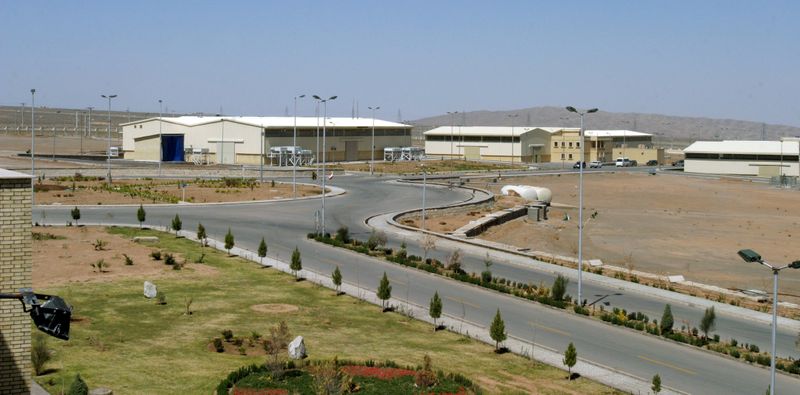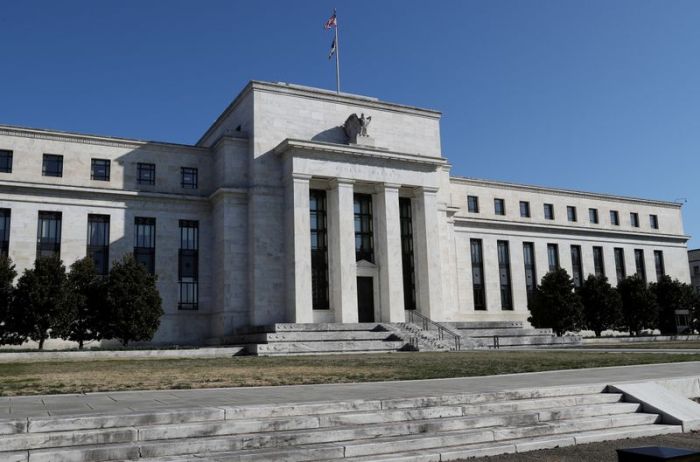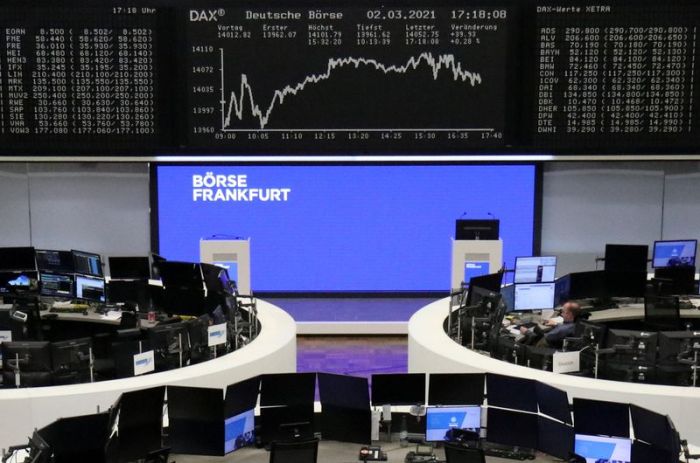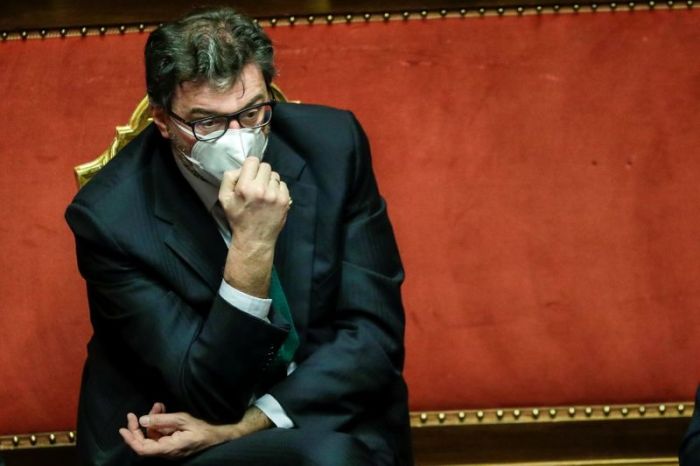VIENNA/PARIS (Reuters) – Britain, France and Germany have scrapped a U.S.-backed plan for the U.N. nuclear watchdog to criticise Iran for reducing cooperation with its inspectors, in a bid to avoid escalation and make room for diplomacy, diplomats said on Thursday.
Tehran and Washington have emerged from U.S. President Donald Trump’s attempts to wreck Iran’s nuclear deal locked in a standoff over who should move first to save it. Tehran has added to its breaches of the deal’s atomic restrictions in protest at U.S. sanctions re-imposed when Trump pulled out of the deal in 2018.
The European powers, all parties to the 2015 deal, have been lobbying for the International Atomic Energy Agency’s 35-nation Board of Governors to adopt a resolution at its quarterly meeting this week expressing concern at Iran’s latest breaches, including ending the basis for snap IAEA inspections.
The resolution also called on Iran to answer the IAEA’s questions on the origin of uranium particles recently found at several undeclared and apparently old sites. Just as time for a resolution was running out, the IAEA announced a new diplomatic push to get answers from Iran.
“We are trying to sit down around the table and see if we can resolve this once and for all,” IAEA chief Rafael Grossi told a news conference called at short notice, outlining a process that will start next month.
“We are going to be starting this process of focused analysis of the situation with a technical meeting which will take place in Iran at the beginning of April which I hope will be followed by other technical or political meetings.”
That push prompted the so-called E3 to drop their planned resolution, even though there is no sign as yet of Iran relenting on its breaches of the deal.
A French diplomatic source told reporters the resolution was put on hold because the E3 believed they had won concessions allowing Grossi to work on the outstanding issues and because it would have harmed the prospects of a meeting between Iran, the United States and other parties to the deal.
“If we had gone through with the vote (on a resolution) it would have made it more difficult to quickly start this meeting,” the source told reporters.
Iran had bristled at the prospect of the resolution, threatening to end a recent agreement with the IAEA that limits the impact of its latest breaches, enabling monitoring of its facilities to continue almost as before for up to three months.
“Cooler heads are prevailing,” said one diplomat from a country on the board that had been sceptical about a resolution.
TALKING PAST EACH OTHER
Iran’s Foreign Ministry spokesman Saeed Khatibzadeh said the move kept diplomatic efforts alive.
“Today’s development can preserve the path of diplomacy that was created by Iran and the IAEA and pave the way for returning to full compliance by all parties to the JCPOA”, Iranian state media quoted him as saying, referring to the 2015 Joint Comprehensive Plan of Action nuclear deal.
While Grossi said he hoped to report progress to the next IAEA board meeting in June, the French source said the resolution could be revived even before then if there were problems between the IAEA and Iran.
Grossi said he was seeking to end a process of “talking past each other” with Iran that has failed to yield credible answers.
U.S. intelligence agencies and the IAEA believe Iran had a nuclear weapons programme that it halted in 2003. Iran denies ever having had one.
“Either you continue with this merry-go-round that can last a long time or you try something else,” Grossi said. “I felt that we needed to try to discuss this in a different way.”
(Reporting by Francois Murphy; Additional reporting by Parisa Hafezi in Dubai; Editing by Gareth Jones and Hugh Lawson)


























